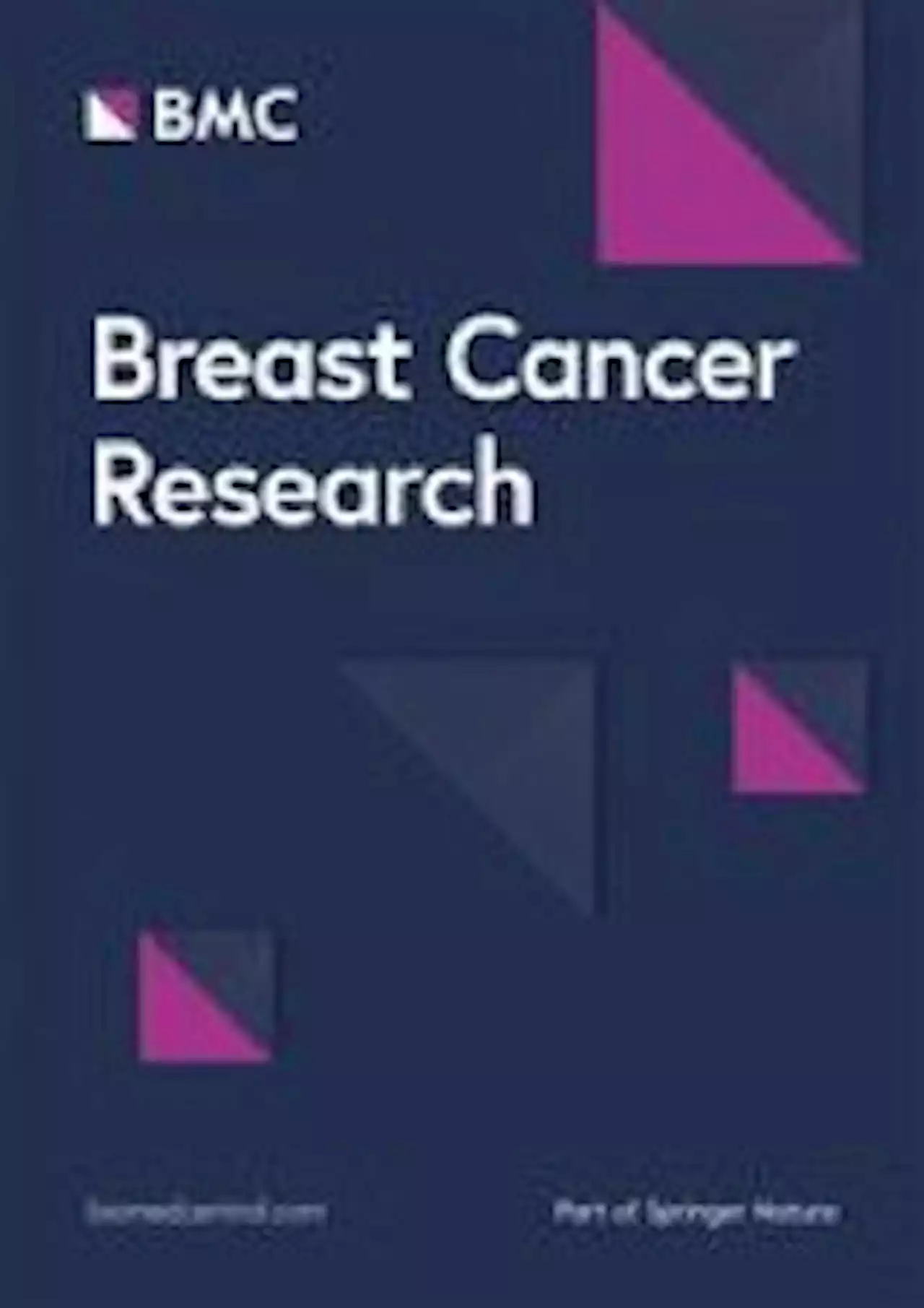For World Cancer Day, we spoke to two young women who's cancers were misdiagnosed by GPs multiple times. The women say it took multiple appointments to finally be diagnosed and that GPs ruled out cancer almost immediately due to their age.
Jaelle Karinna visited doctors four times with heavy bleeding before she was diagnosed with cervical cancerAfter five months of misdiagnoses, Jaelle Karinna was told she had cancer. She was 23, studying psychology at university and working part-time as a receptionist.
A month later, a different doctor diagnosed her with fibroids and hydrosalpinx - fluid blockage in the fallopian tubes. "Cancer in younger age groups is considered rare, and so suspicion of cancer from GPs and other healthcare professionals is lower than it may be for other age groups," she said.
United Kingdom Latest News, United Kingdom Headlines
Similar News:You can also read news stories similar to this one that we have collected from other news sources.
 Chelsea owner Boehly annoyed Serie A club with deadline day attempt to sign World Cup starFiorentina were left frustrated by Chelsea owner Todd Boehly’s solo efforts to sign World Cup star Sofyan Amrabat on transfer deadline day. The American billionaire reportedly took it upon himself …
Chelsea owner Boehly annoyed Serie A club with deadline day attempt to sign World Cup starFiorentina were left frustrated by Chelsea owner Todd Boehly’s solo efforts to sign World Cup star Sofyan Amrabat on transfer deadline day. The American billionaire reportedly took it upon himself …
Read more »
 World Book Day costume ideas for babies, children and grown-upsWorld Book Day 2023 allows kids to become their favourite literary characters. Mother&Baby round up inspiration for World Book Day costumes.
World Book Day costume ideas for babies, children and grown-upsWorld Book Day 2023 allows kids to become their favourite literary characters. Mother&Baby round up inspiration for World Book Day costumes.
Read more »
 World Wetlands Day: Events to be held in Alderney and HermPeople are invited to learn about a range of marine life for World Wetlands Day 2023.
World Wetlands Day: Events to be held in Alderney and HermPeople are invited to learn about a range of marine life for World Wetlands Day 2023.
Read more »
 30-year-old Bobi named world's oldest dog ever by Guinness World Records'From being condemned at birth to now being the oldest verified dog ever, Bobi's story is a miraculous one,' said Guinness World Records. He was born with three siblings to a family in Portugal, but they already had a lot of animals and had to put the puppies down, and Bobi escaped.
30-year-old Bobi named world's oldest dog ever by Guinness World Records'From being condemned at birth to now being the oldest verified dog ever, Bobi's story is a miraculous one,' said Guinness World Records. He was born with three siblings to a family in Portugal, but they already had a lot of animals and had to put the puppies down, and Bobi escaped.
Read more »
 Development and validation of an AI-enabled digital breast cancer assay to predict early-stage breast cancer recurrence within 6 years - Breast Cancer ResearchBackground Breast cancer (BC) grading plays a critical role in patient management despite the considerable inter- and intra-observer variability, highlighting the need for decision support tools to improve reproducibility and prognostic accuracy for use in clinical practice. The objective was to evaluate the ability of a digital artificial intelligence (AI) assay (PDxBr) to enrich BC grading and improve risk categorization for predicting recurrence. Methods In our population-based longitudinal clinical development and validation study, we enrolled 2075 patients from Mount Sinai Hospital with infiltrating ductal carcinoma of the breast. With 3:1 balanced training and validation cohorts, patients were retrospectively followed for a median of 6 years. The main outcome was to validate an automated BC phenotyping system combined with clinical features to produce a binomial risk score predicting BC recurrence at diagnosis. Results The PDxBr training model (n = 1559 patients) had a C-index of 0.78 (95% CI, 0.76–0.81) versus clinical 0.71 (95% CI, 0.67–0.74) and image feature models 0.72 (95% CI, 0.70–0.74). A risk score of 58 (scale 0–100) stratified patients as low or high risk, hazard ratio (HR) 5.5 (95% CI 4.19–7.2, p | 0.001), with a sensitivity 0.71, specificity 0.77, NPV 0.95, and PPV 0.32 for predicting BC recurrence within 6 years. In the validation cohort (n = 516), the C-index was 0.75 (95% CI, 0.72–0.79) versus clinical 0.71 (95% CI 0.66–0.75) versus image feature models 0.67 (95% CI, 0.63–071). The validation cohort had an HR of 4.4 (95% CI 2.7–7.1, p | 0.001), sensitivity of 0.60, specificity 0.77, NPV 0.94, and PPV 0.24 for predicting BC recurrence within 6 years. PDxBr also improved Oncotype Recurrence Score (RS) performance: RS 31 cutoff, C-index of 0.36 (95% CI 0.26–0.45), sensitivity 37%, specificity 48%, HR 0.48, p = 0.04 versus Oncotype RS plus AI-grade C-index 0.72 (95% CI 0.67–0.79), sensitivity 78%, specificity 49%, HR 4.6, p | 0.001 versus Oncotype
Development and validation of an AI-enabled digital breast cancer assay to predict early-stage breast cancer recurrence within 6 years - Breast Cancer ResearchBackground Breast cancer (BC) grading plays a critical role in patient management despite the considerable inter- and intra-observer variability, highlighting the need for decision support tools to improve reproducibility and prognostic accuracy for use in clinical practice. The objective was to evaluate the ability of a digital artificial intelligence (AI) assay (PDxBr) to enrich BC grading and improve risk categorization for predicting recurrence. Methods In our population-based longitudinal clinical development and validation study, we enrolled 2075 patients from Mount Sinai Hospital with infiltrating ductal carcinoma of the breast. With 3:1 balanced training and validation cohorts, patients were retrospectively followed for a median of 6 years. The main outcome was to validate an automated BC phenotyping system combined with clinical features to produce a binomial risk score predicting BC recurrence at diagnosis. Results The PDxBr training model (n = 1559 patients) had a C-index of 0.78 (95% CI, 0.76–0.81) versus clinical 0.71 (95% CI, 0.67–0.74) and image feature models 0.72 (95% CI, 0.70–0.74). A risk score of 58 (scale 0–100) stratified patients as low or high risk, hazard ratio (HR) 5.5 (95% CI 4.19–7.2, p | 0.001), with a sensitivity 0.71, specificity 0.77, NPV 0.95, and PPV 0.32 for predicting BC recurrence within 6 years. In the validation cohort (n = 516), the C-index was 0.75 (95% CI, 0.72–0.79) versus clinical 0.71 (95% CI 0.66–0.75) versus image feature models 0.67 (95% CI, 0.63–071). The validation cohort had an HR of 4.4 (95% CI 2.7–7.1, p | 0.001), sensitivity of 0.60, specificity 0.77, NPV 0.94, and PPV 0.24 for predicting BC recurrence within 6 years. PDxBr also improved Oncotype Recurrence Score (RS) performance: RS 31 cutoff, C-index of 0.36 (95% CI 0.26–0.45), sensitivity 37%, specificity 48%, HR 0.48, p = 0.04 versus Oncotype RS plus AI-grade C-index 0.72 (95% CI 0.67–0.79), sensitivity 78%, specificity 49%, HR 4.6, p | 0.001 versus Oncotype
Read more »
